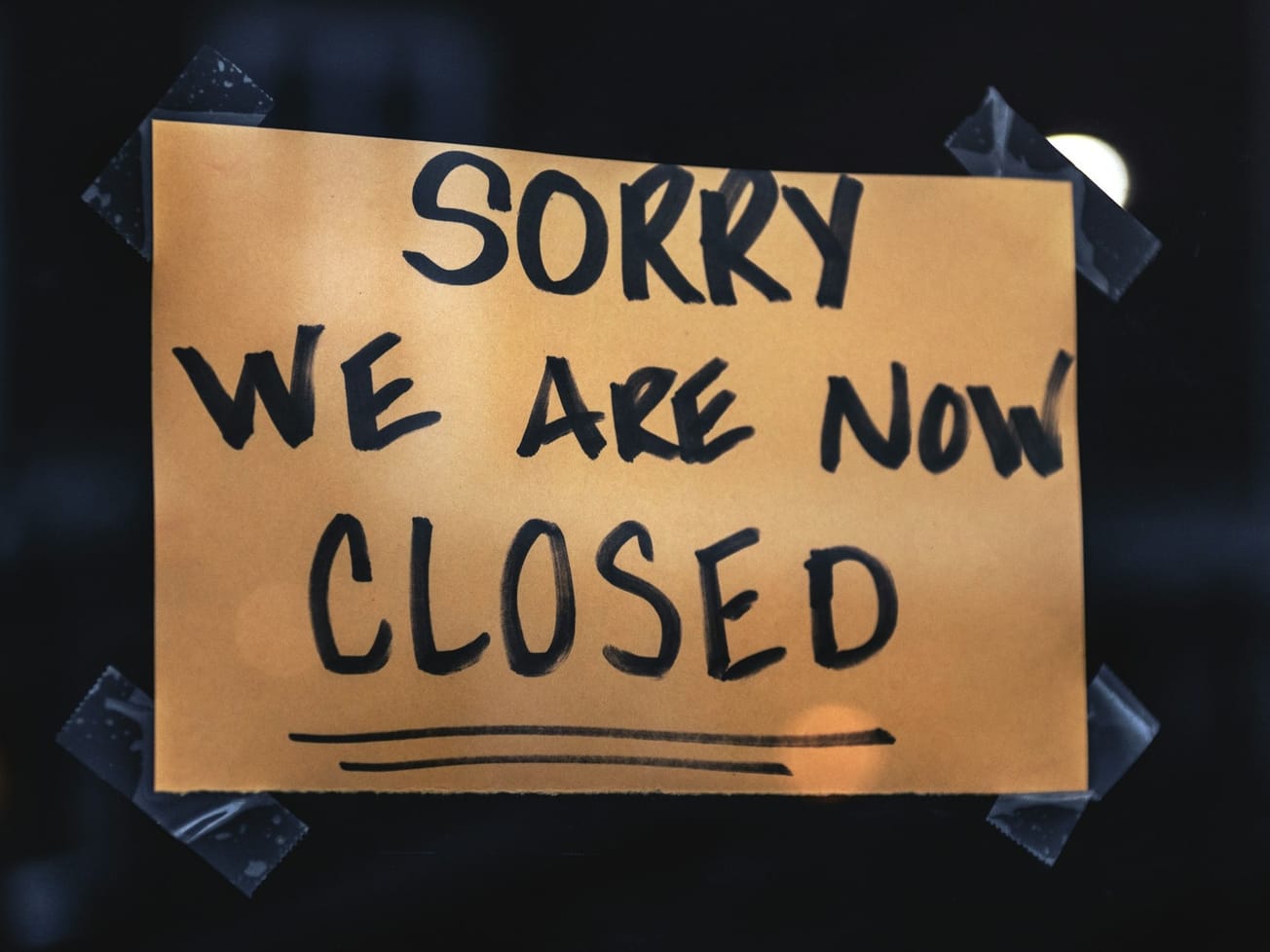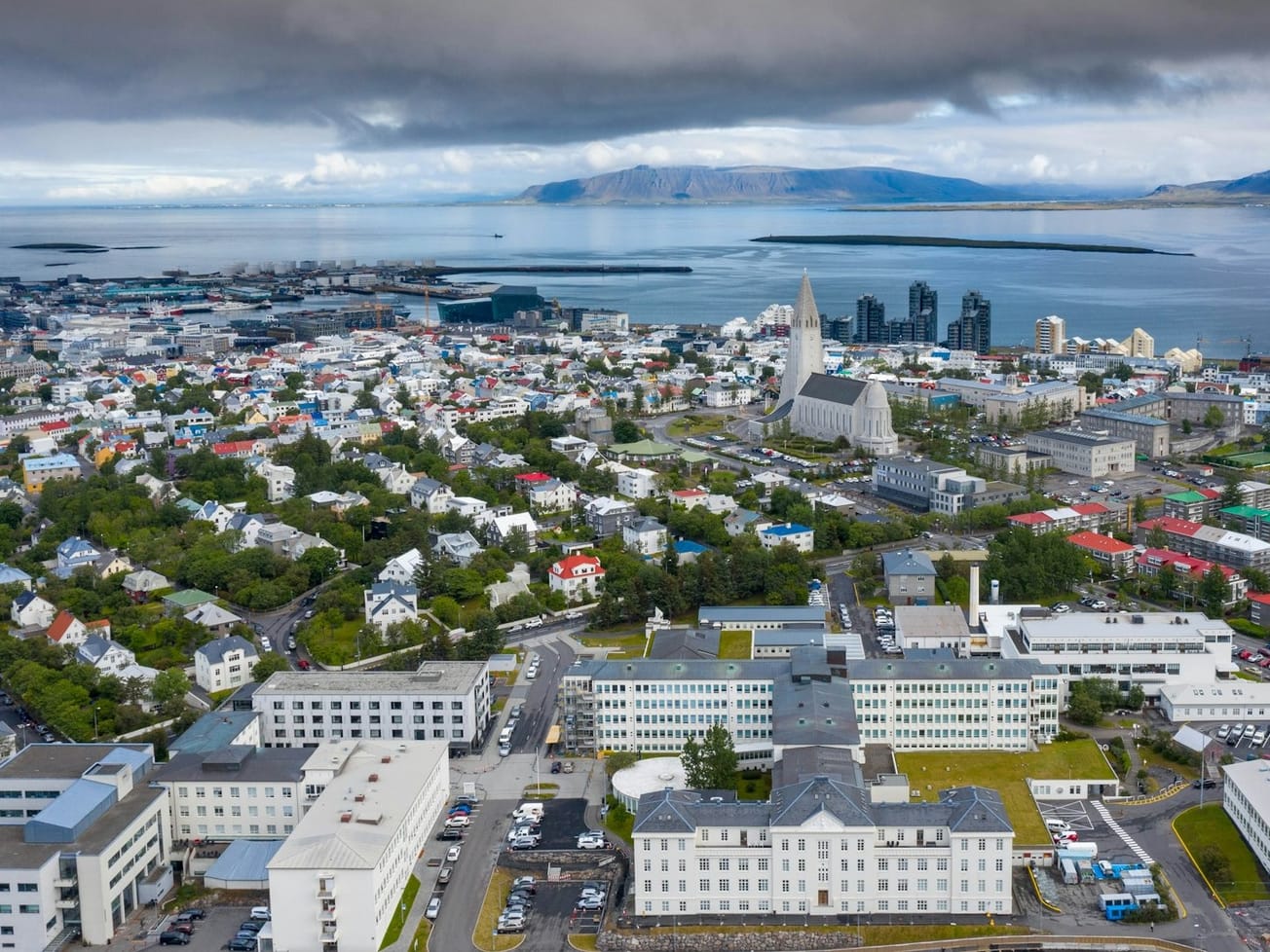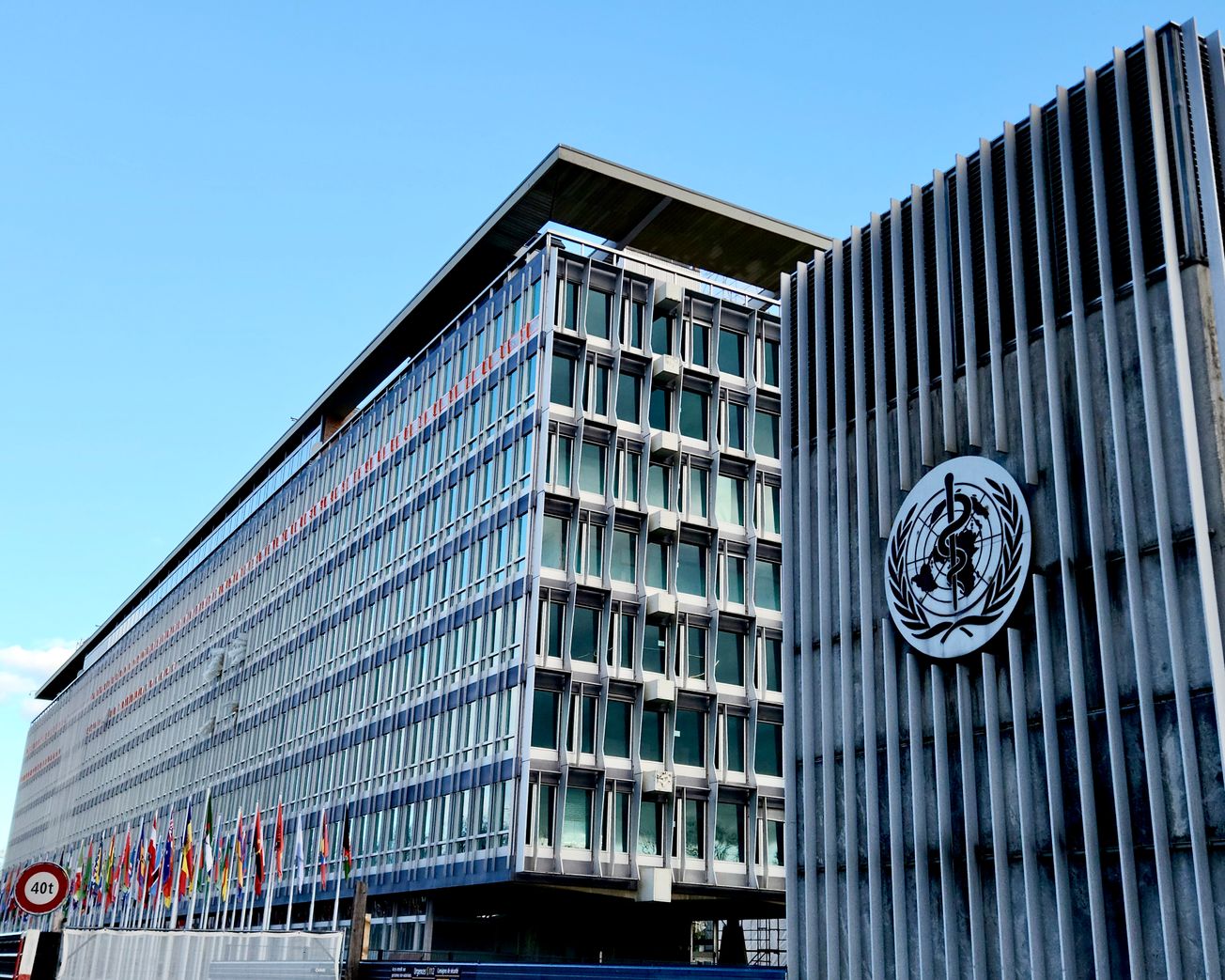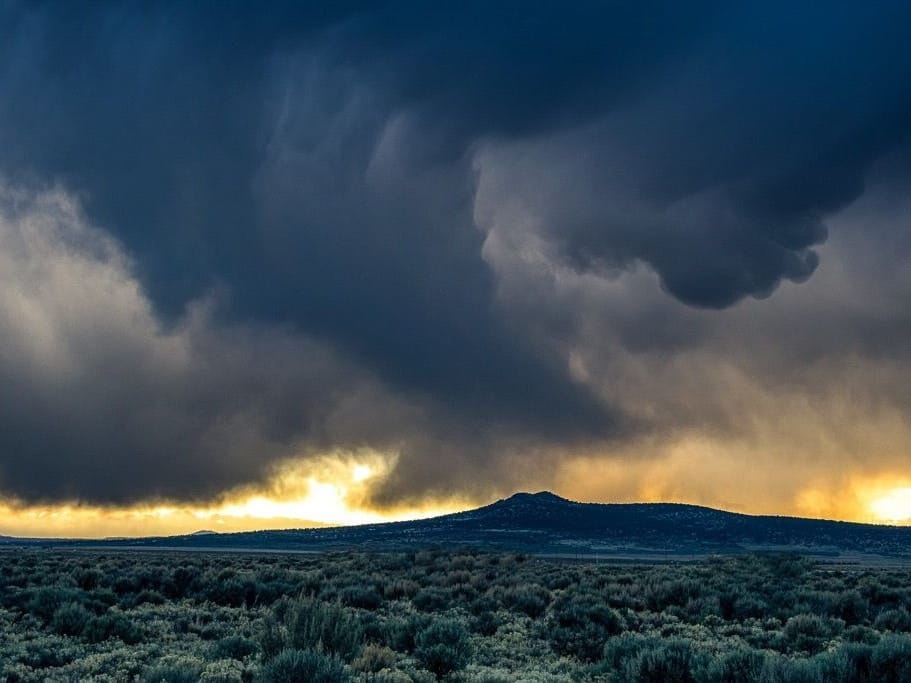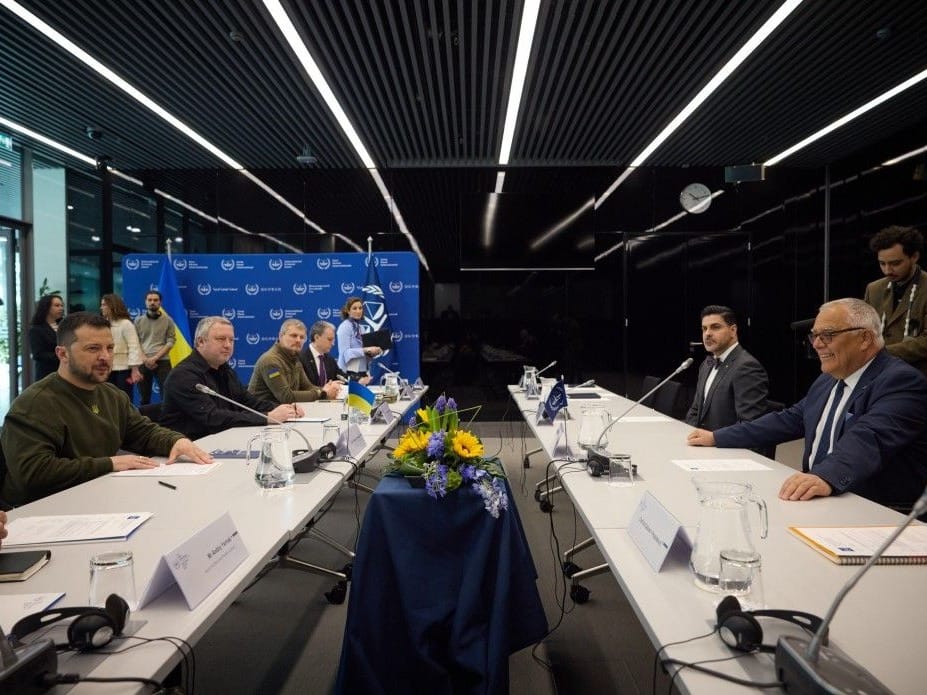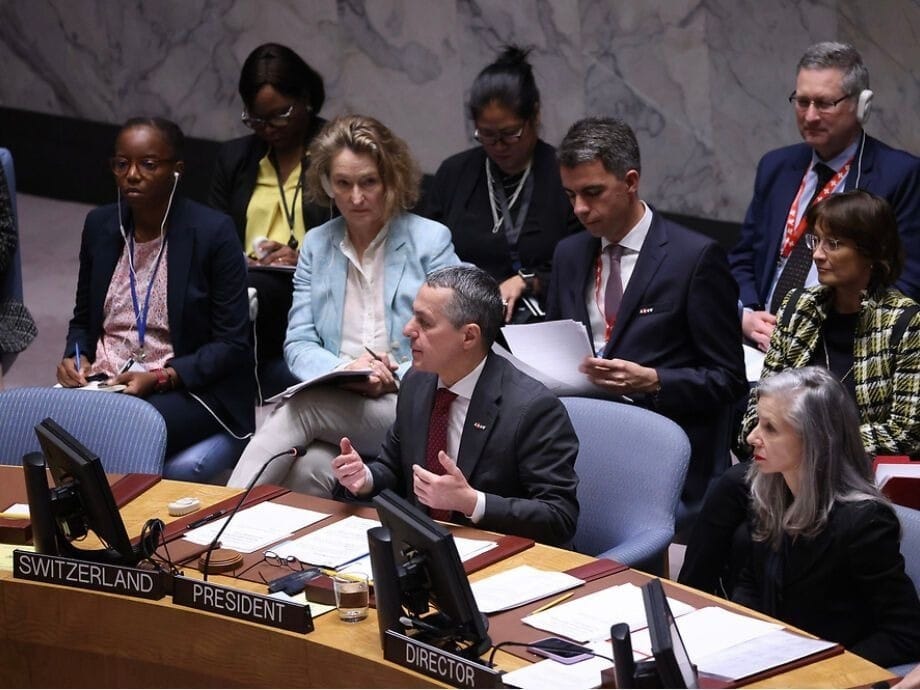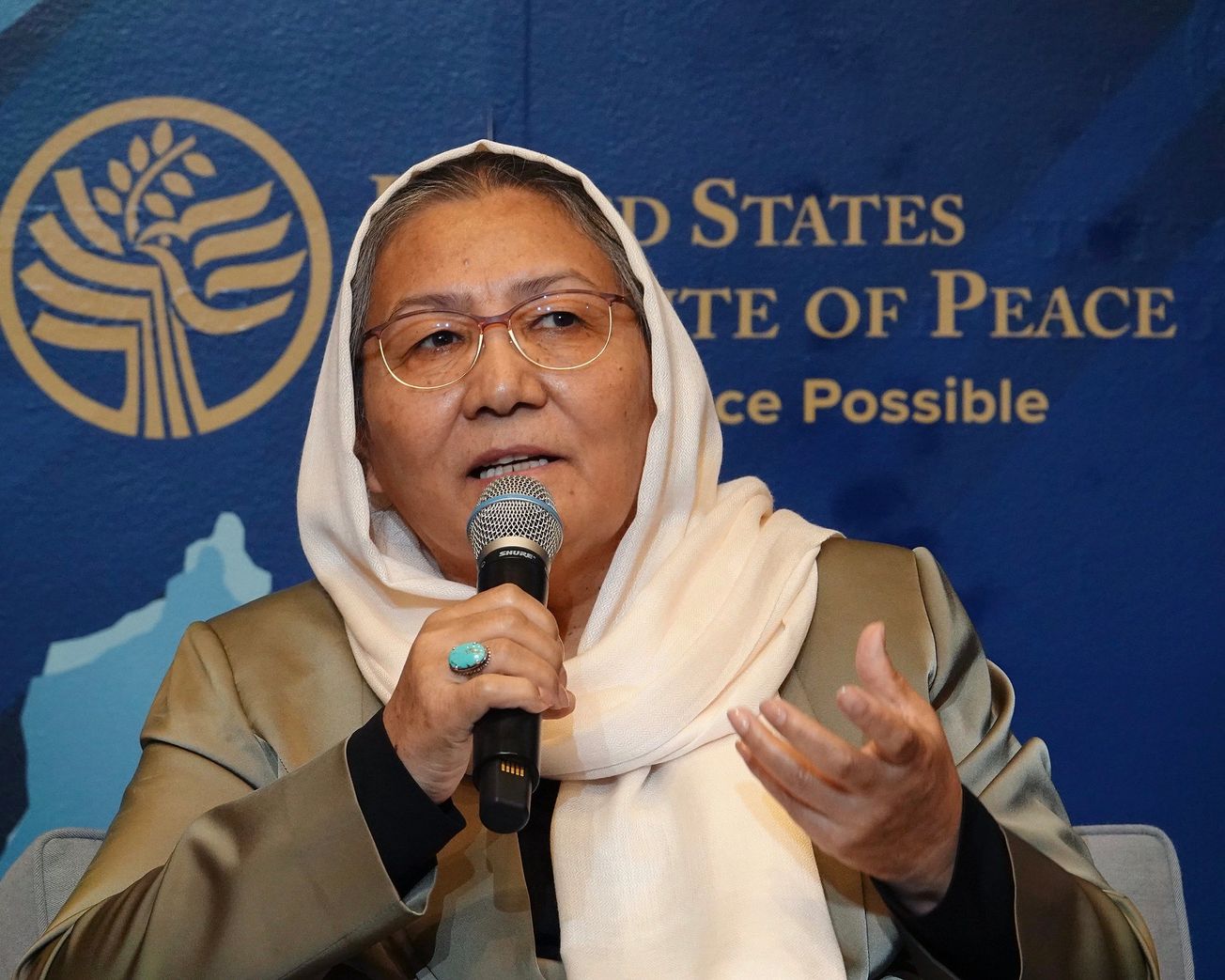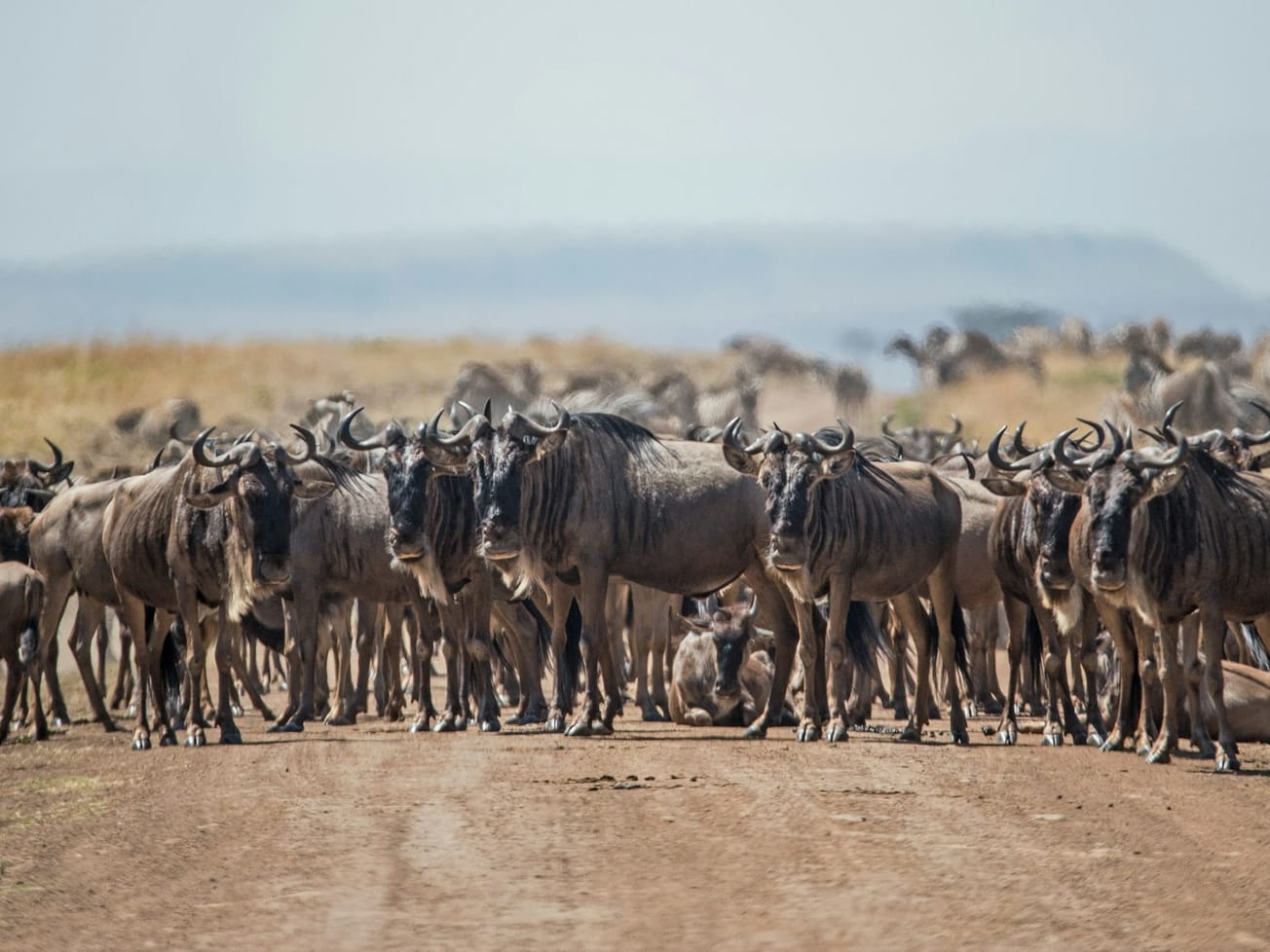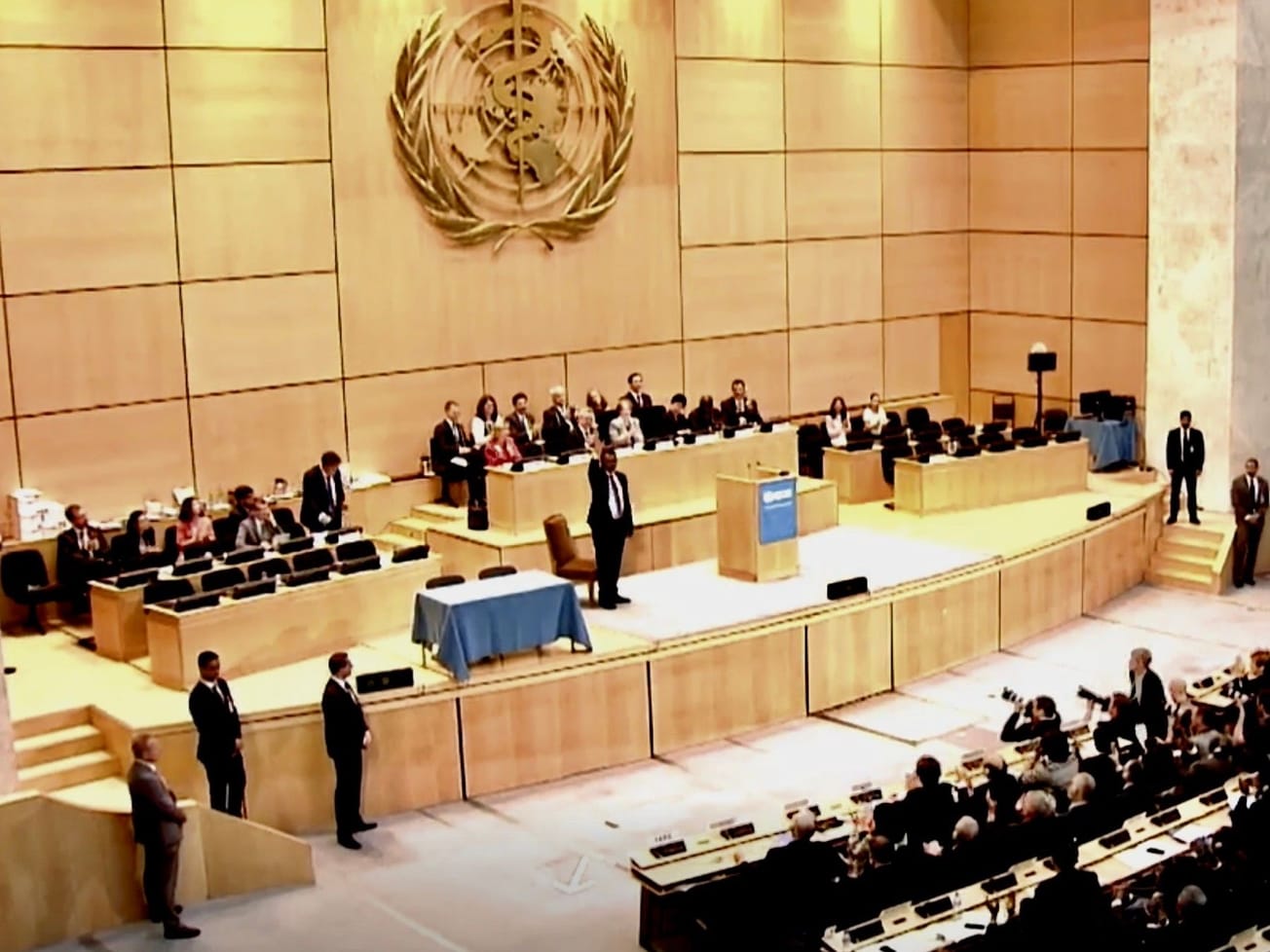
WHO chief opens assembly with push for 'historic' pandemic treaty
The COVID-19 pandemic brought into sharp focus many of the world's glaring inequalities between rich and poorer nations.
Already have an account? Log in
The COVID-19 pandemic brought into sharp focus many of the world's glaring inequalities between rich and poorer nations.
A study finds sanctions contribute to a rise in mortality, poverty and inequality, and a decline in income and rights.
Humanitarian leaders say the risk of nuclear catastrophe is the highest 'since the worst moments of the Cold War.'
The 46-nation council reaffirmed support for Ukraine and initiated a register to account for damages by former member Russia so human rights victims can be compensated.
Methoxychlor, a pesticide, and two industrial chemicals, Dechlorane Plus and UV-328, are to be eliminated.
Amy Pope will become the first woman to serve as director general of the International Organization for Migration.
The new technology accelerator from NATO quietly began taking shape a year before Russia’s invasion of Ukraine.
Panel members said they heard countless painful stories from victims and their families but also learned of some promising initiatives against racial discrimination.
Though the emergency phase is over, the World Health Organization's pandemic designation still holds.
WMO says the warming effect on global temperatures usually plays out in the year after an El Niño event develops.
Zelenskyy conveyed his confidence that Russia's leaders would someday face justice for war crimes.
The first Swiss-led U.N. Security Council open debate mirrored GESDA's brand of anticipatory science and diplomacy.
A U.N. Security Council resolution calls on Afghanistan's de factor rulers to quickly restore the rights of women and girls.
The collaboration found parts of genomes remained the same for all mammalian species over millions of years of evolution.
Low rainfall and high evaporation rates 'would not have led to drought at all in a 1.2° C. cooler world,' scientists concluded.
Sudan's unraveling forced humanitarian aid organizations, including those with staff killed by fighting, to suspend operations, despite millions of civilians in great need.
